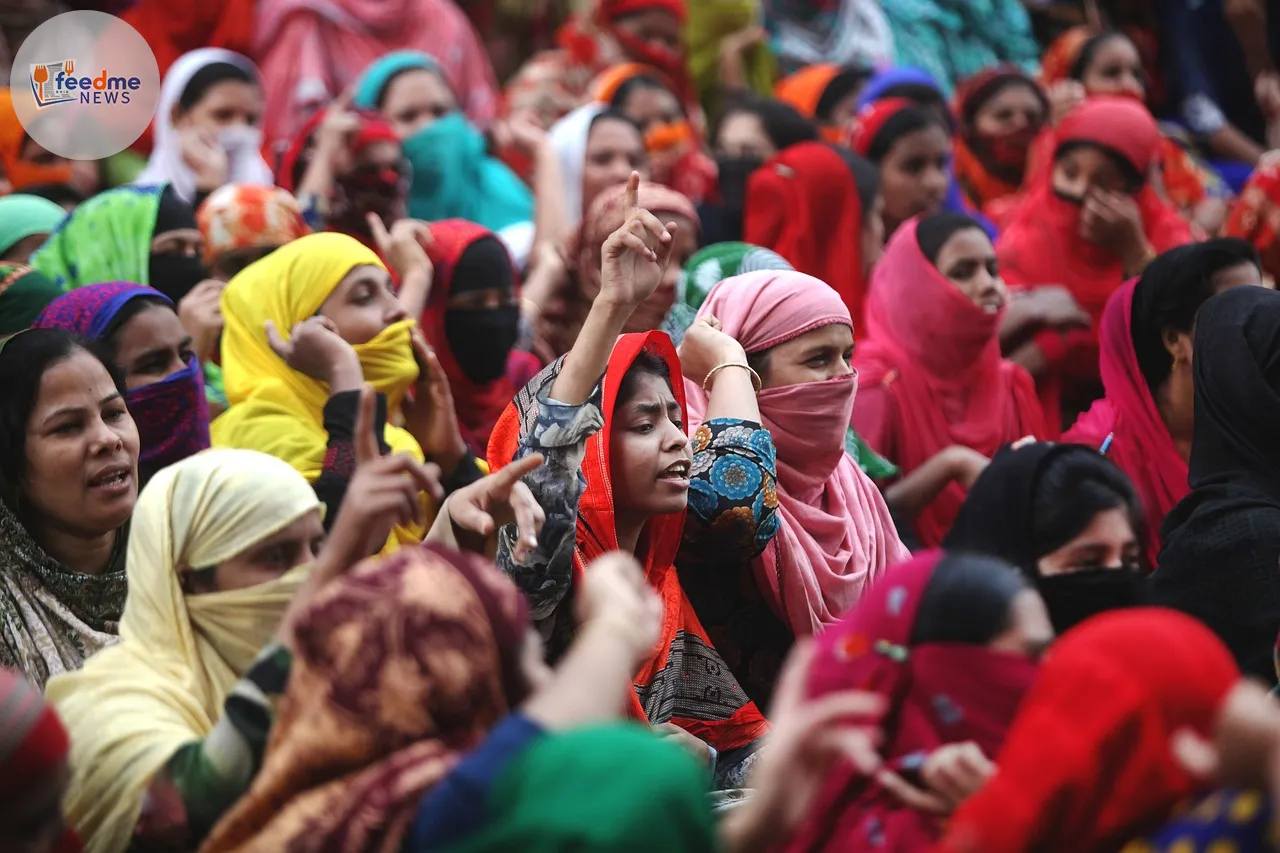The daughter of a British-Israeli man held hostage in Gaza has spoken out about the profound significance of her father’s burial. Sharone Lifschitz described the experience as “incredibly meaningful,” emphasising the importance of reuniting families with their loved ones, whether alive or deceased. Her father’s burial comes after a tumultuous period during which he was taken hostage, casting a spotlight on the ongoing conflict in the region.
Lifschitz’s comments underline the emotional toll and the personal struggles faced by families caught in the crossfire of geopolitical tensions. Her poignant words highlight a universal desire for closure and peace amid the chaos of conflict.
A Journey to Reunite
The burial took place in the midst of ongoing hostilities between Israel and Gaza, a conflict that has seen numerous lives disrupted. Sharone Lifschitz, speaking from her home in the UK, expressed deep relief and gratitude that her father’s body was returned to the family. The journey to this point was fraught with uncertainty and anxiety, as many families continue to await news of their loved ones.
Lifschitz’s father was among several hostages taken during a recent escalation in violence. His release and subsequent burial mark a rare moment of resolution in a conflict that often leaves families in limbo. The circumstances surrounding his capture and release remain a poignant reminder of the human cost of political strife.

The Human Impact of Conflict
The situation in Gaza has long been a focal point of international concern, with humanitarian organisations frequently highlighting the dire conditions faced by civilians. The story of Lifschitz’s father draws attention to the personal narratives that are often overshadowed by the broader political discourse.
Experts in conflict resolution stress the importance of addressing the human element in diplomatic efforts. “Behind every statistic is a human story,” says Dr. Miriam Cohen, a researcher in Middle Eastern studies. “The return of someone’s loved one, whether alive or deceased, is a critical component of healing and reconciliation.”
Calls for Comprehensive Peace Efforts
Lifschitz’s reflections have reignited calls for renewed peace efforts in the region. Her emphasis on the importance of reuniting families highlights a need for dialogue and humanitarian interventions. The ongoing conflict has seen numerous ceasefire attempts, yet a lasting resolution remains elusive.
International bodies, including the United Nations, continue to advocate for a two-state solution as a viable path to peace. However, political complexities and entrenched positions on both sides pose significant challenges. Lifschitz’s personal story serves as a reminder of the urgent need for sustained and meaningful negotiations.
The Role of International Support
The international community has a pivotal role in mediating peace efforts and providing support to affected families. Lifschitz has called on global leaders to prioritise the human aspect of the conflict, urging them to facilitate the return of hostages and support bereaved families.
Human rights organisations have long campaigned for increased international involvement in the Gaza conflict. They argue that diplomatic pressure and humanitarian aid are essential to alleviating the suffering of civilians. Lifschitz’s story underscores the impact that international solidarity can have on individual lives.
Looking Ahead: A Hope for Resolution
As the situation in Gaza continues to evolve, the focus remains on achieving a comprehensive and lasting peace. Sharone Lifschitz’s experience underscores the need for empathy and understanding in resolving complex conflicts. Her story is a testament to the resilience of families caught in the midst of geopolitical tensions.
The return and burial of her father offer a glimmer of hope amidst the turmoil, illustrating the profound impact of reuniting families. While challenges remain, Lifschitz’s reflections serve as a call to action for all parties involved to prioritise human dignity and compassion in their pursuit of peace.
In the coming months, the international community will watch closely as efforts to broker peace continue. The hope is that stories like Lifschitz’s will inspire a renewed commitment to dialogue and reconciliation, paving the way for a future where families can live without fear and uncertainty.





